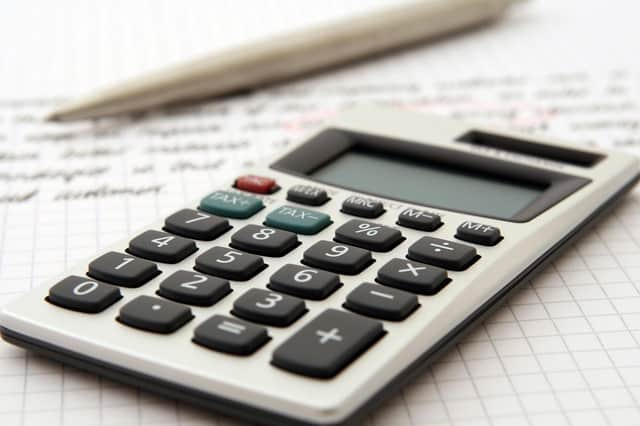BENEFITS EXPERT: Will my benefits be affected if my eldest moves in with my ex?


My eldest child is moving in with my ex-partner. Will this affect my benefits and in particular does this change in circumstances mean I have to move over to Universal Credit?
A. No this is not a situation where this change will mean migration to Universal Credit, you can simply report a change in circumstances to HMRC re Tax Credits and they will remove one child from the calculation but you’ll still get Child Tax Credits for the child that is still living with you. Your remaining benefits such as ESA and PIP will also remain the same. The only change to your Housing Benefit calculation would be if a spare bedroom is created when your child moves out, if so there would be a reduction of your Housing Benefit. You could apply for Discretionary Housing Payments to cover the bedroom tax shortfall. Your Council Tax Support will also remain unchanged.
Advertisement
Hide AdAdvertisement
Hide AdFor Child Benefit you could still claim this for both children if you provide financial support to your ex-partner that is at least the equivalent amount of Child Benefit for that child.
So if your ex-partner is willing to allow you to continue claiming Child Benefit for both children on the understanding that you will pay the Child Benefit amount for that one child there may be no need to remove one child from your claim to then allow your ex-partner to start claiming for the child who will move in with him.
We have previously written about State Pension underpayments; the advice provided was The Pension Service would be automatically identifying them and there was no need for potentially affected pensioners to contact the Pension Service. However pensioners in the following categories should contact the Pension Service so they don’t miss out on arrears they are due:-
married women whose husband reached state pension age after them and who became entitled to his state pension before March 17, 2008 - such women have to claim any Category BL State Pension they may be entitled to; people aged 80 and over, who either have no state pension or graduated retirement benefit only, and therefore have to make a claim to get any Category D State Pension, and those who are divorced or whose civil partnership has been dissolved.